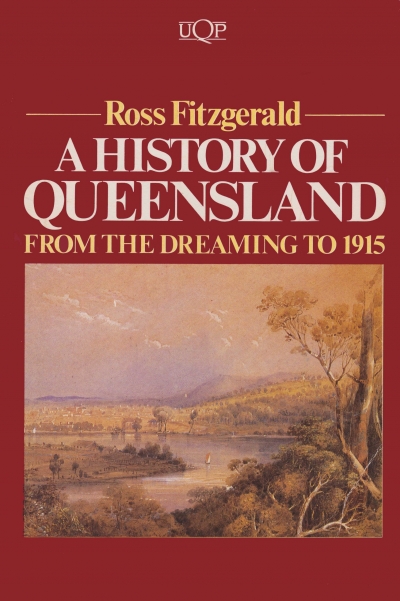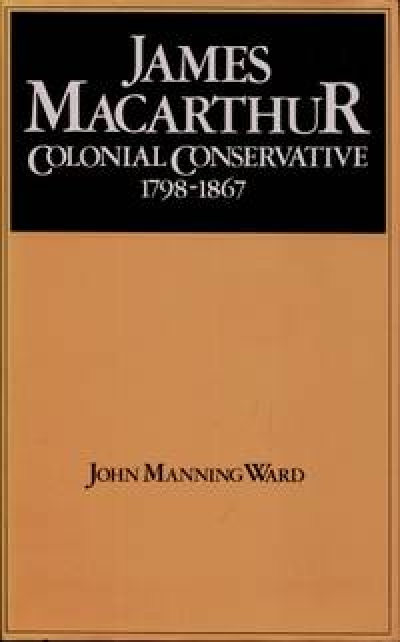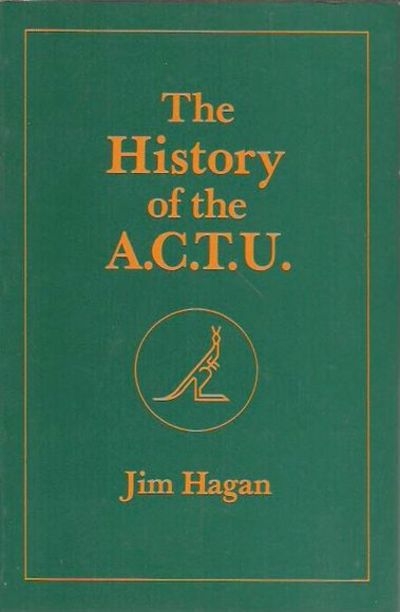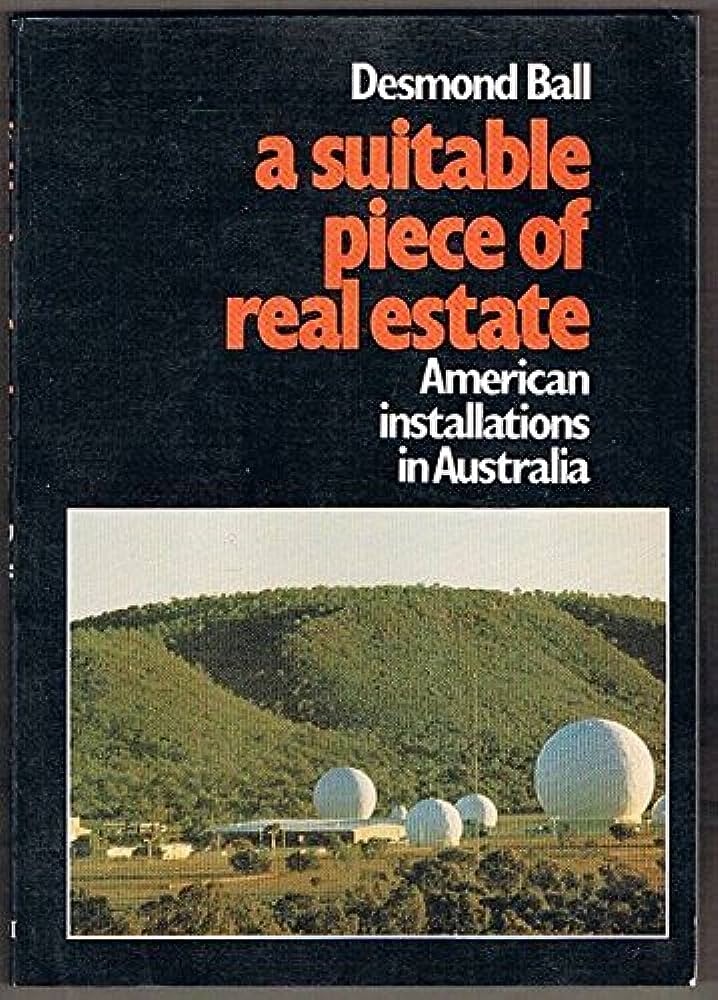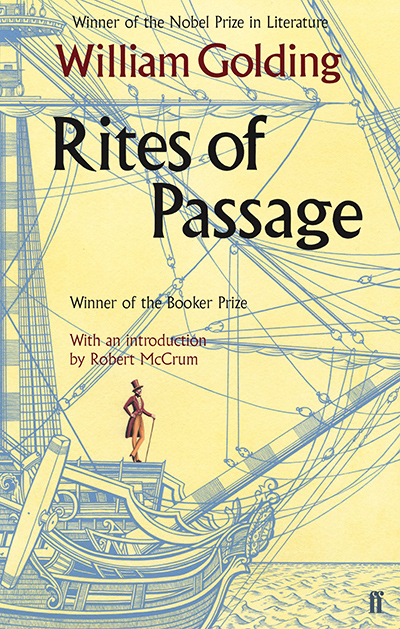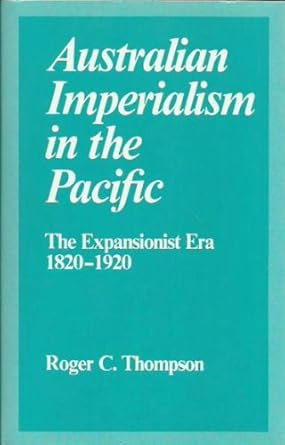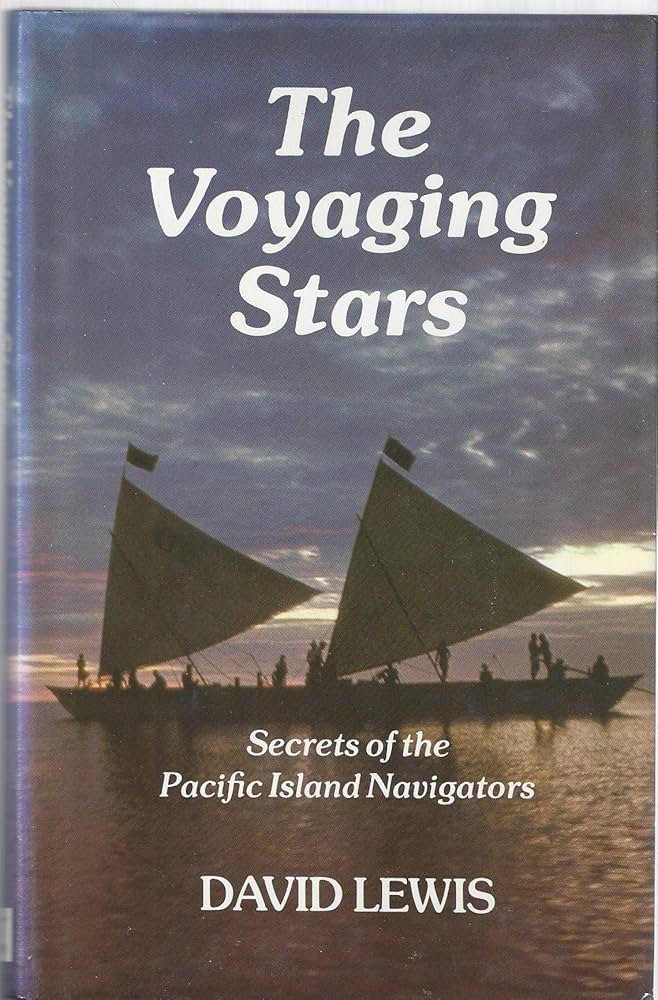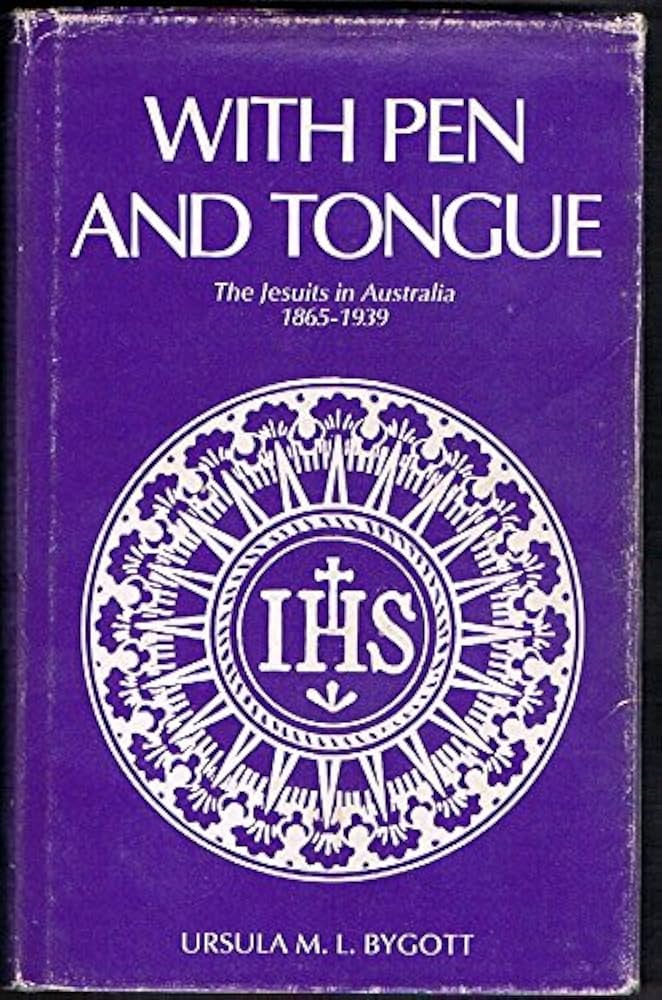Australian History
Invasion and Resistance: Aboriginal-European relations on the North Queensland Frontier 1861–1897 by Noel Loos
A common theme unites the five books reviewed here: the effects on Aboriginals of European and Asian settlement in Australia, and the position of Aboriginals in the society that has developed from that settlement. The work of historians, a political scientist and anthropologists, the writings reflect changes in Australian historiography and anthropology. Reece (1979) recently made a plea on behalf of Australian historiography for more to be done by black and white historians to eradicate the tradition that Australian history was a white history beginning with Captain Cook. A parallel plea has been made to anthropologists in Langton’s (1981) criticism of anthropologists for concentrating their research efforts on remote communities. The work of Aboriginal historians is not represented here, but two of these books are indicative of the quantum leap in the quantity and quality of writing an Aboriginal history. Although anthropology is slow to change, a glance through recent bibliographies published by the Australian Institute of Aboriginal Studies reveals an increase in the proportion of social anthropological publications on Aboriginal society outside the more remote areas. That trend appears in the content of the volume edited by Howard.
... (read more)Beatrice and Sydney Webb are still alive, though failing. At least, that is the impression one gets from these five pamphlets, which mark the resurrection of the Victorian Fabian Society since 1980, after temporarily shaking off the mortal after coil.
... (read more)From the Dreaming to 1915: A history of Queensland by Ross Fitzgerald
The major problem with this approach to history, as Fitzgerald treads it, is that he takes the preoccupations and perspectives of the twentieth century Sunshine State and implants them in a colonial Queensland context. This achieved, Fitzgerald can point to the continuities of Queensland history. I am reminded of my dog, who buries his bones and considers himself smart when he succeeds in digging them up.
... (read more)James Macarthur by John Manning Ward & Philip Gidley King by Jonathan King & John King
The paths of James Macarthur and Philip Gidley King crossed in 1801 when Macarthur was a very small boy. King, then governor of New South Wales, sent Macarthur’s father, John, to England for trial for illicit duelling, fearing that Macarthur Senior had too many allies in the colony to secure a conviction there. Young James Macarthur was six by the time his father returned, far from the chastened man King had hoped. In fact, he brought with him instructions that he was to be granted additional land, making his holdings the most substantial in the colony. It was not exactly the victory that King had envisaged (or that his biographers seem to think he won.)
... (read more)Australia’s need for a definitive history about its national trade union centre has been handsomely filled by Jim Hagan. His exhaustively detailed study must become the base for future researchers who will seek to assess what happened in our times.
... (read more)Finding the answers is often not half as important as asking the right questions. Desmond Ball has written an important book even though he raises more fundamental questions than he answers.
The central question in A Suitable Piece of Real Estate is simply ‘What are the rights and responsibilities of a host country which allows installations of a foreign, albeit, friendly state, to be sited on its territory?’ The author has dedicated the book For a Sovereign Australia. Australia is the host country in question, with American defence, scientific, and intelligence installations on its territory; but the situation he describes in great detail could, and probably does, apply elsewhere.
... (read more)Rites of Passage qualifies for a notice in ABR because, although it is written and published in Britain, it is among other things an account of the adventures of one Edmund Talbot who has taken a passage to Australia sometime during a lull in the wars with France, towards the end of the eighteenth century.
... (read more)Australian Imperialism in the Pacific: The expansionist era 1820-1920 by Roger C. Thompson
At a time when Australia’s involvement with Europe and Asia is coming under increasing academic scrutiny, an area which has continued to be neglected has been Australia’s relations with the Pacific Islands of Melanesia, Micronesia and Polynesia situated so closely north and east of its coast. While others have touched on this subject briefly, Roger Thompson’s Australian Imperialism in the Pacific presents for the first time a detailed, meticulously researched and scholarly investigation which covers the period from the early days of the colony of New South Wales to the end of the First World War. It is, then, a timely study, filling a gap in our knowledge, and it is sure to be welcomed by scholars of both Australian and Pacific history.
... (read more)The Voyaging Stars: Secrets of the Pacific Island navigators by David Lewis
The Voyaging Stars was first published in 1978, and already is a minor classic. Ever since Cook’s day it has been known that the Pacific Islanders, and especially the Polynesians, had a sophisticated system for long distance navigation, not employing the European aids of charts, sextants, chronometers and magnetic compasses – and yet remarkably effective. Cook himself used a Polynesian pilot from Tahiti to New Zealand. With the coming of European technology this traditional lore fell into abeyance. Fewer and fewer sons imbibed it from their fathers, and by the middle of this century it had almost died out. Unfortunately, it had never been scientifically investigated and had not been adequately recorded.
... (read more)With Pen and Tongue: The Jesuits in Australia 1865-1939 by Ursula Bygott
The Jesuits are, whatever else you might say about them, formidable. Dr Bygott quotes Francis Bacon, who believed that the Jesuits as teachers ‘are so good that I wish they were on our side’.
... (read more)


